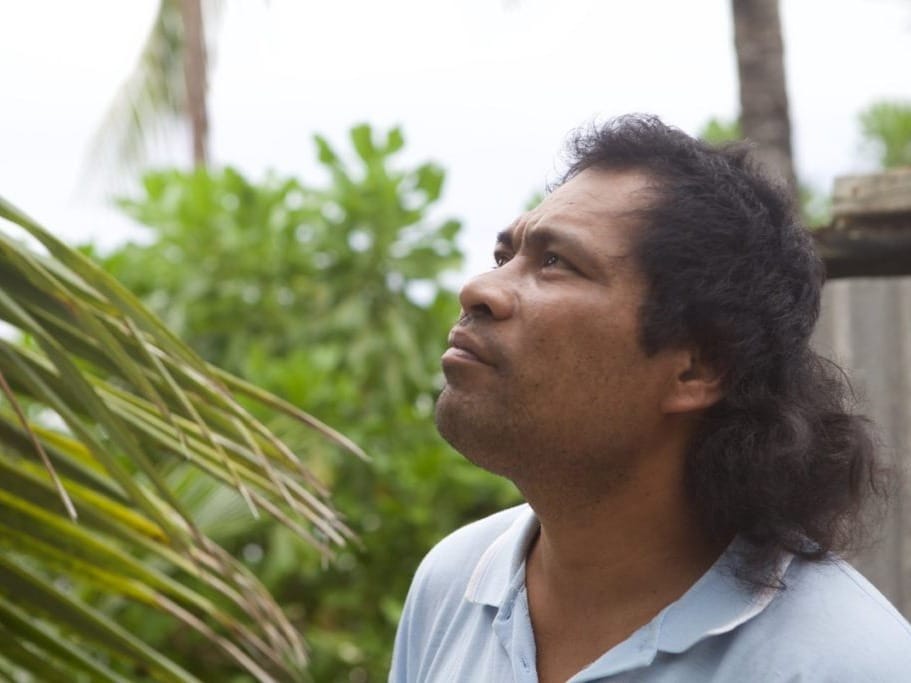GENEVA (AN) — Migrant farmworker Ioane Teitiota lost his case against deportation from New Zealand, but in its ruling on Tuesday the U.N. Human Rights Committee said people fleeing the effects of climate change may be entitled to claim asylum.
The unprecedented ruling from a little-known expert panel that gathers three times a year in Geneva and New York concluded it is illegal for governments to send people back home to countries where their lives might be threatened by the global climate crisis.









